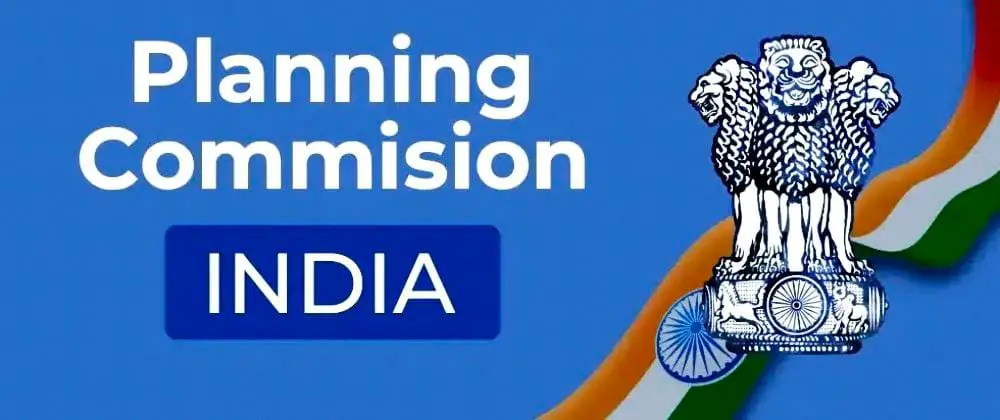
Meaning
The Planning Commission of India was an institution in the Government of India, which formulated India’s Five-Year Plans, among other functions. Established in 1950, it played a pivotal role in the country’s economic planning and policy-making process until it was replaced by the NITI Aayog in 2015.
The Commission aimed to enhance the country’s economic growth and address various developmental issues through systematic planning and implementation of policies.
Role of the Planning Commission of India
The Planning Commission of India, established in 1950, played a crucial role in shaping the economic development and policy framework of the country. It was instrumental in driving planned economic growth through a systematic and structured approach. Below are the key roles played by the Planning Commission:
1. Formulation of Five-Year Plans
The primary role of the Planning Commission was to create Five-Year Plans that laid out comprehensive strategies for the country’s economic and social development. These plans set targets for various sectors, including agriculture, industry, services, and infrastructure, aiming to ensure balanced and sustainable growth.
2. Resource Allocation
The Commission was responsible for the efficient allocation of resources among different sectors and regions. By assessing the needs and priorities of various states and sectors, it ensured that resources were distributed in a way that promoted equitable development and reduced regional disparities.
3. Policy Formulation and Advisory
The Planning Commission developed policies and guidelines to achieve the objectives set out in the Five-Year Plans. It provided expert advice to the central and state governments on various aspects of economic planning and development, ensuring that policies were aligned with the overall development goals of the country.
4. Monitoring and Evaluation
An important function of the Planning Commission was to monitor the implementation of the Five-Year Plans and evaluate their outcomes. This involved assessing the performance of various programs and projects, identifying bottlenecks, and making necessary adjustments to ensure that the planned objectives were met.
5. Coordination
The Commission acted as a coordinating body between different ministries of the central government, state governments, and other stakeholders. It facilitated cooperation and collaboration among various entities involved in the development process, ensuring that efforts were synergized and aligned with the national goals.
6. Research and Analysis
The Planning Commission undertook extensive research and analysis on various aspects of the economy. This involved collecting and analyzing data, conducting studies, and using this information to make informed decisions and policy recommendations. The insights gained from research were crucial for effective planning and policy-making.
7. Addressing Socio-Economic Issues
The Commission focused on addressing various socio-economic issues such as poverty, unemployment, education, health, and infrastructure development. By identifying key challenges and developing targeted programs and initiatives, it aimed to improve the overall quality of life and promote inclusive growth.
8. Long-term Vision and Strategy
In addition to the Five-Year Plans, the Planning Commission also developed long-term visions and strategies for the country’s development. This involved setting long-term goals, identifying emerging trends and challenges, and formulating strategies to ensure sustainable development over a longer horizon.
9. Promoting Balanced Regional Development
The Commission worked towards reducing regional imbalances by promoting development in less developed and backward areas. Special attention was given to the needs of disadvantaged regions, ensuring that development efforts were inclusive and equitable.
10. Capacity Building
The Planning Commission also played a role in building the capacity of various government agencies and institutions involved in the planning and implementation process. This included providing training, technical assistance, and support to enhance the capabilities of these entities.
Impact and Legacy
The Planning Commission’s efforts significantly contributed to India’s economic growth and development over several decades. By systematically planning and implementing development initiatives, the Commission helped to lay the foundation for a modern and diversified economy. Its legacy continues to influence the country’s approach to economic planning and policy-making, even after its replacement by the “NITI Aayog” in 2015
